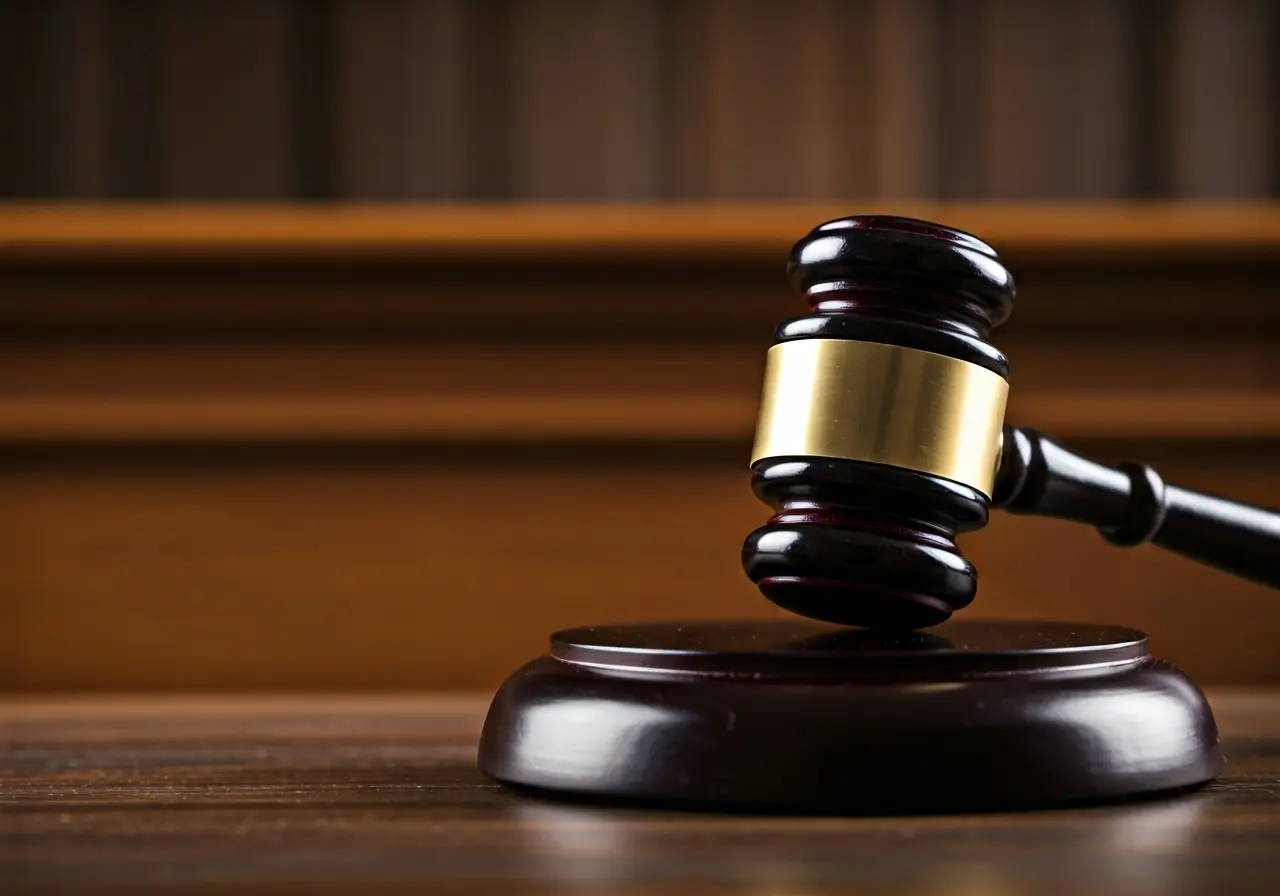Navigating the world of legal terminology can be daunting, especially when terms like ‘bench warrant’ are thrown into the mix. However, it’s crucial to understand what a bench warrant is and the implications it may have for you. In this blog, we’ll break down the essentials you need to know in a clear and friendly manner.
1. What is a Bench Warrant?
A bench warrant is a legal document issued by a judge that authorizes the arrest of an individual. It’s typically issued when someone fails to appear in court or comply with a court order. Unlike arrest warrants issued by law enforcement, bench warrants are typically triggered by non-criminal activities, emphasizing the importance of obeying court-related duties. Once issued, this type of warrant gives law enforcement the authority to take the specified individual into custody.
In many jurisdictions, individuals may not even be aware that a bench warrant has been issued against them. This can lead to an unpleasant surprise should they be stopped by police for any unrelated reason. Courts issue these warrants not only as a tool for law enforcement but also to uphold the integrity of the judicial process. Understanding what a bench warrant entails can help you prioritize compliance with all court mandates.
2. Reasons a Bench Warrant May Be Issued
Common reasons include missing a court date, failing to adhere to a subpoena, or not following a court-mandated order. The judge has the discretion to issue such a warrant based on these non-compliance issues. Each of these reasons can significantly impair the court’s ability to function smoothly, which is why the issuance of a warrant becomes necessary.
An overlooked speeding ticket or a forgotten court hearing for a civil matter could also trigger a bench warrant. It highlights the importance of maintaining accurate records and ensuring you meet all legal obligations. Remember, technology might fail, so manually checking and re-confirming appointments and obligations can save further complications.
Miscommunication or overlooking court paperwork can also lead to such a warrant. Such issues underscore the importance of keeping contact details updated with the court and staying informed about required legal duties. Simple precautions could prevent more serious legal repercussions down the line.
3. Consequences of Having a Bench Warrant
If a bench warrant is issued against you, it could lead to your arrest at any moment. This warrant does not expire and can cause complications such as additional fines or jail time. Importantly, even routine encounters with police, such as traffic stops, could result in immediate arrest if a bench warrant is in place.
The presence of a bench warrant can also impact your ability to secure loans, pass employment background checks, or even travel freely, depending on the severity of the warrant. The potential implications are vast, and knowing these can emphasize the need to resolve such matters swiftly. Employing legal assistance can help manage these risks proactively.
4. How to Find Out If There’s a Bench Warrant for You
Checking with the local court or a legal professional can help you determine if a bench warrant has been issued in your name. This can help you address the matter promptly. Often, many courts have online databases where you can conduct a search using your name and other identifying details.
In some areas, contacting the police department directly can provide you with the information you need. However, be prepared that this could also lead to your immediate arrest if you visit in person. It’s generally safer to have a legal representative check on your behalf to eliminate personal risk.
Staying proactive by regularly reviewing any legal commitments you’ve made and ensuring compliance can prevent unexpected warrants from being issued. For those unsure of the correct procedures, consulting with a professional is always recommended to navigate these challenges smoothly.
5. Steps to Take If You Have a Bench Warrant
Consulting with an attorney should be your first step. They can advise you on how best to resolve the issue, whether by appearing in court voluntarily or negotiating terms with the judge. Your lawyer’s involvement ensures you understand your rights and possible outcomes.
Taking immediate action could be the difference between a night in jail and staying free. Sometimes, courts are willing to dismiss the bench warrant if you voluntarily appear and provide a reasonable explanation for your absence. The key is demonstrating your commitment to adhere to court schedules moving forward.
6. Clearing a Bench Warrant
The method for clearing a bench warrant often involves court appearances and potentially satisfying any penalties or requirements set by the judge. Legal assistance can greatly aid this process. Attending court willingly also tends to reflect positively on your case, showing cooperation.
Depending on the jurisdiction, resolving a bench warrant could involve fines or mandatory community service. Displaying a willingness to rectify the issue promptly can sometimes lessen these penalties. Reach out to our team for guidance tailored to your specific legal needs.
7. Preventing Future Bench Warrants
Staying organized and keeping track of all your court commitments is key. Always update the court on your contact information and work with your attorney to avoid any miscommunications. Simple measures like setting reminders and double-checking court dates can make a significant difference.
Building and maintaining a good relationship with your legal advisor ensures that you are informed and prepared for any future legal responsibilities. They can provide advice on keeping compliant with all required obligations. Proactivity in legal matters minimizes future burdens.





